Glycerin is a simple but effective remedy for window fogging.
Content:
With the onset of cold weather, plastic windows begin to “cry” and become covered with condensation and ice, and experienced housewives use glycerin to defog windows. It is used in pure form or in combination with alcohol, ammonia, liquid soap and other chemicals. Industrial and folk remedies with the addition of trihydric alcohol will help cope with the problem and return the glass to purity and transparency.
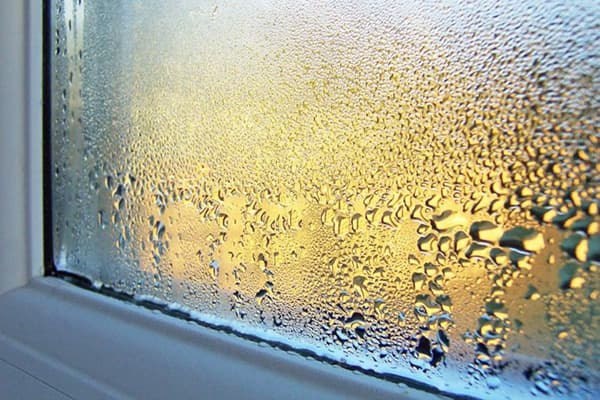
Why do windows sweat?
There are a number of reasons for the formation of condensation on plastic windows. Moreover, this problem does not always appear immediately after installing a new double-glazed window. It happens that the renovation was completed long ago, the window structure held the heat well for two or three years, and suddenly the glass began to become covered with moisture. What is the reason for such trouble?
- Poor air circulation in an apartment is the most common cause of condensation on glass. If forced ventilation is not installed in the kitchen, and the area of the room is small and something is constantly being cooked and fried on the stove, fogging of the windows in the house cannot be avoided.The situation will be aggravated by laundry hanging out to dry and a lot of indoor plants, which increase the already high humidity in the room. Streams of warm air collide with cold glass and leave wet marks.
- It's cold inside. Often, residents experience window fogging in the wet, cold autumn, when the heating in the apartment is not yet turned on, and there is slush and bad weather outside the window. Also, a similar problem can arise due to insufficient heating or improper installation of window sills. If the window sill prevents the passage of warm air from the radiator to the double-glazed window or the window is covered with thick curtains, then wet drops will certainly appear on the glass, and ice will appear on the profile.
- Incorrect glass unit selected. Double-glazed windows with more than two chambers are suitable for glazing residential premises. Inexpensive two-chamber packages are not able to properly retain heat in the apartment.
- Poor quality fittings. Plastic windows can sweat due to loose fitting of the sashes to the frame and lack of necessary insulation.
- Defects made by workers during installation of the structure. If a plastic window is installed poorly, cracks and gaps may remain between the wall of the window opening and the frame, where cold air from the street will enter. This will lead to fogging of the glass, and the problem will appear in the first winter after installing the window.
- Unadjusted fittings and worn rubber seals can also cause condensation to form on the windows. Frosty air from the street will penetrate into the cracks and holes of the seal, resulting in the formation of ice and condensation on the window.
To prevent the plastic window from sweating and the glass to remain clean and transparent, it is necessary to carry out timely maintenance of the PVC structure: lubricate and tighten the fittings, take care of the seal, and remove moisture accumulated between the chambers.
How glycerin fights glass fogging
What should a housewife do if the windows are constantly sweating, and there is currently no way to eliminate the cause of the problem? In this case, ordinary glycerin will come to the rescue - a transparent oily substance that can be bought inexpensively at the nearest pharmacy.
There are several methods for treating glass against fogging, involving the use of trihydric alcohol.
Alcohol and glycerin
It is easy to make an anti-fog for windows from medical alcohol and glycerin at home. To do this, combine 10 ml of glycerin with 100 ml of ethyl alcohol or vodka. The product is thoroughly mixed and applied using a damp cloth to clean glass. They process the entire surface of the glass unit indoors, trying not to miss a single centimeter of area. To complete the work, rub the applied substance with a dry cotton cloth until the glass is completely transparent.
Using glycerin alone - without other components - will not give a positive result. The window will not sweat, but, having become covered with a greasy layer, it will no longer correspond to its purpose - to transmit light. Dust and small debris will stick to a greasy surface. To prevent this, glycerin is mixed with medical alcohol, which quickly evaporates from the surface of the glass, leaving a thin moisture-proof film.
Glycerin and ammonia
For glass fogging, you can prepare a remedy with glycerin and ammonia.Ammonia, like any other alcohol, has the ability to reduce surface tension and prevent the formation of condensation.
When turning to this remedy, it is necessary to remember that ammonia vapor does not improve human health. Moreover, when working with this aggressive substance, burns to the mucous membranes of the eyes and respiratory tract may occur, and blood pressure may increase. Therefore, after using a cleanser with ammonia, it is necessary to thoroughly ventilate the room.
To prepare the solution you will need the following components:
- water - 50 ml;
- glycerin - 100 g;
- ammonia - 5 drops.
The resulting mixture is applied to the glass using a soft sponge or napkin, and then rubbed until shiny with a piece of wool or cotton cloth.
Glycerin and liquid soap
An excellent anti-fogging remedy for windows is a mixture of glycerin and liquid soap. If you don’t have liquid soap in your household, you can use shampoo or dishwashing detergent. The cleaning agent is prepared very simply: add the same amount of soap to a container with 100 g of glycerin and mix thoroughly.
Glycerin and liquid anti-fog soap are applied to clean glass from the inside of the room, trying to create a uniform thin layer. For work, use a napkin or soft sponge. To make the glass completely transparent again, rub it until it shines with a piece of coarse cloth.
Solid soap with glycerin
Toilet or laundry soap with glycerin will help deal with condensation on plastic and wooden windows. In addition to trihydric alcohol, this detergent contains surfactants that can reduce the surface tension of water molecules and reduce the amount of moisture on glass.Rub a piece of soap on the inside of the glass unit. It is better to carry out the treatment in a warm room, as mild soap will be easier to apply. At the end of the work, you need to rub the cleaning composition over the entire area of the glass so that there are no streaks.
Glycerin and turpentine
Another folk remedy for foggy windows is a mixture of glycerin, turpentine and potassium oil.
To prepare the cleaning composition, take the following ingredients:
- glycerin - 20 g;
- turpentine - 5 g;
- butter - 40 g.
After combining the above substances, you will obtain a thick viscous substance, which must be applied to the glass and rubbed thoroughly.
Other condensation removal products
The modern chemical industry produces many products to combat window fogging. Special wipes, aerosols, pastes and gels are designed to solve this obsessive problem. It’s just a pity that not all manufacturers’ promises regarding the effectiveness of household chemicals come true. It is often easier and cheaper to turn to proven folk methods based on the use of food products and improvised means.
- You can prevent condensation from appearing on your window using a saline solution. To prepare it, you need to pour half a glass of warm water, add 35 g of table salt into it and stir until the crystals are completely dissolved. Then the resulting solution should be diluted with two liters of water - and you can begin processing. Glass washed with saline solution will be clear and shiny. To enhance the effect, you can leave a glass of salt on the windowsill.
- To solve the problem, you can use a soap solution, which is applied to the glass with a sponge.After a few minutes, soap stains are removed with a clean damp cloth, and the window is polished with a cloth or paper.
- Alcohol diluted in water in a ratio of 1:2 will help reduce the formation of condensation on plastic and wooden windows. You just need to moisten a napkin in an alcohol solution and walk over the surface of the glass. The water will evaporate, and the alcohol particles deposited on the glass will protect the window from fogging.
- Window cleaner “Secunda” will perfectly cope with the problem of “crying” windows. You just need to spray the aerosol on clean glass from the inside of the room and polish it with a rough rag.
One of our grandmothers’ favorite methods is to rub the glass with crumpled up newspaper after washing the windows. The fact is that printing ink contains substances that have water-repellent properties. After polishing with newspapers, the windows remain clean and dry for a long time.
Industrial products for window dampness
For those who do not want to bother with preparing compounds that protect windows from dampness and prefer to buy a ready-made product, we can recommend special aerosols and pastes. All of them fully correspond to their purpose. The main thing is to apply the product to clean glass, following the dosage and manufacturer’s recommendations.
Industrial anti-foggers have a specially developed formula, thanks to which they form a protective film for a long time. Safe composition and careful treatment of the surface of the glass unit are the main advantages of these household products.
Inexpensive but effective anti-fog agents:
- Grass ANTIFOG,
- Goodyear aerosol,
- FILL INN FL111,
- paste "PS-1",
- domestic products “Transparent”, “Bullfinch”, “Lilo”, etc.
The PS-1 paste, intended for processing organic and silicate glass, contains, in addition to other alcohol-containing substances, glycerin. To get rid of excess moisture on the window glass and prevent fogging, you need to apply a little paste to a sponge, rub it over the glass surface and polish until shiny.
You can check the result of the work by breathing on the surface treated with the paste. If the glass does not fog up, it means the desired result has been achieved. Otherwise, the processing will have to be repeated.
All the methods discussed above for dealing with foggy windows only mask the problem without eliminating its cause. To get rid of condensation forever, you need to adjust the ventilation in the house, check the tightness of the window structure and adjust the fittings.
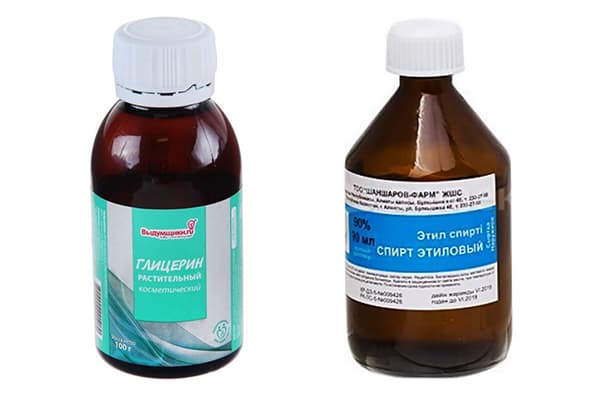
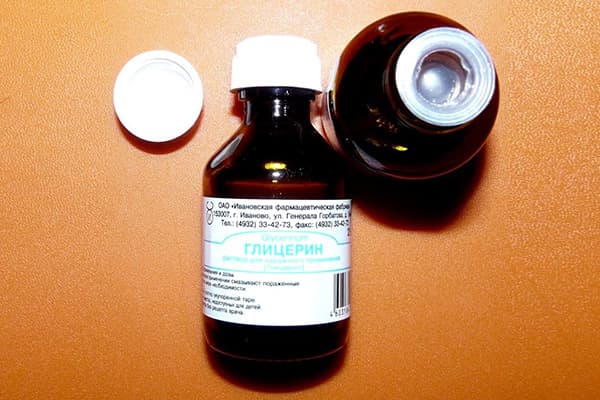
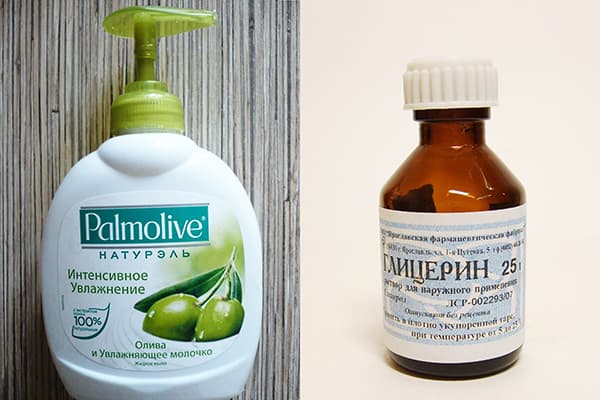
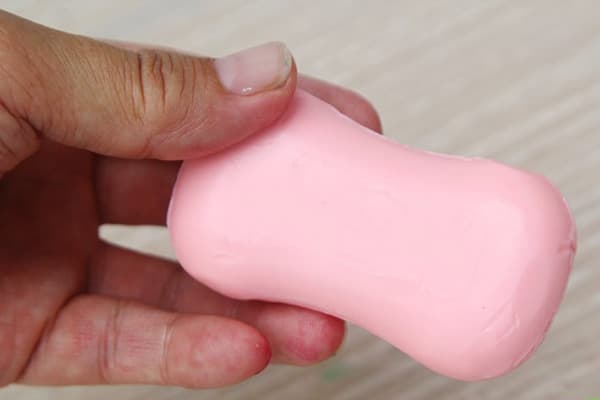
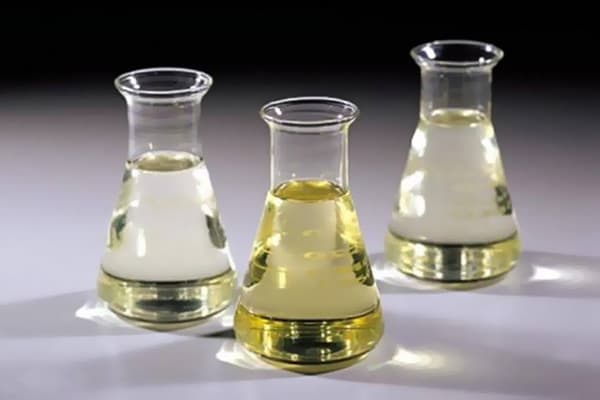
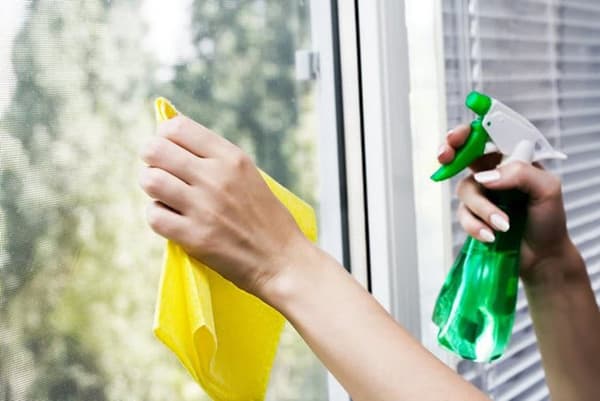
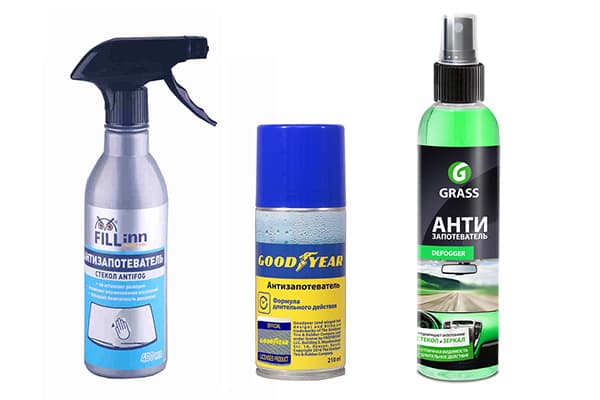
Rubbed the windows with glycerin and alcohol. And no problems with fogging.